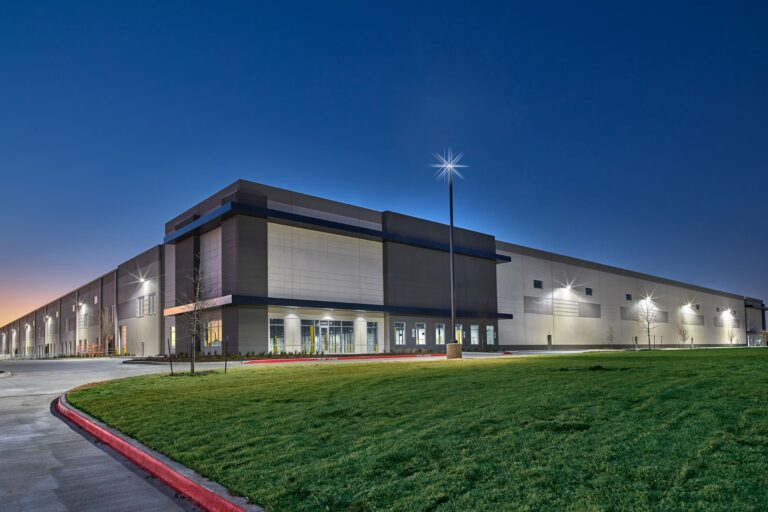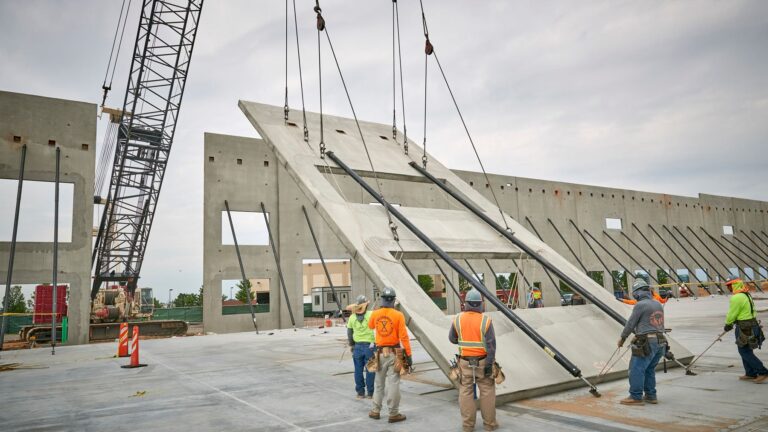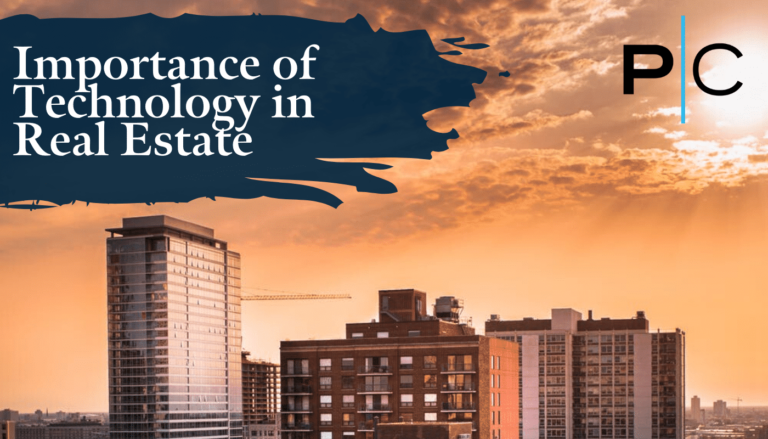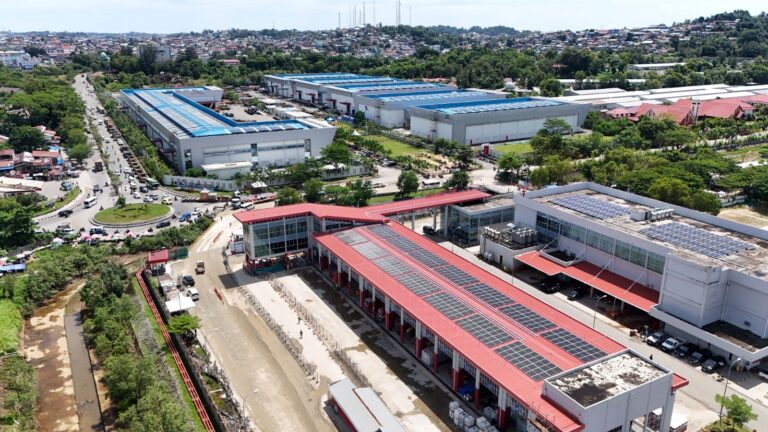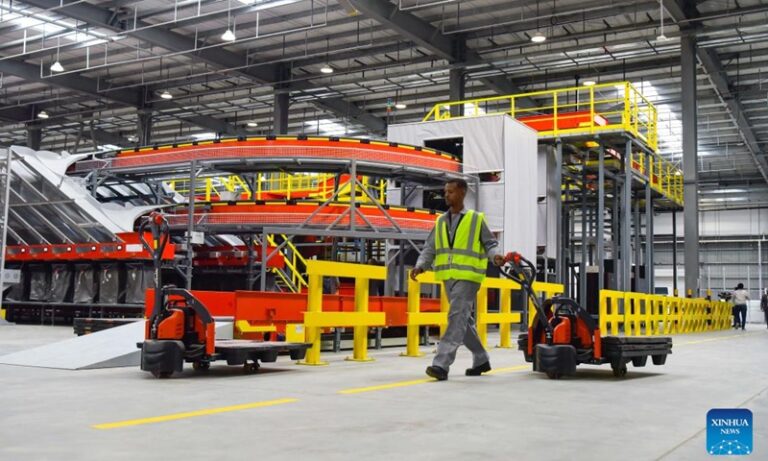Retail Property Managers: Comprehensive Insights, Benefits, and Real-World Use Cases
Retail property managers play a critical role in the success of retail real estate, from shopping centers and malls to standalone stores and mixed-use retail developments. Their responsibilities go far beyond maintaining buildings. They act as strategic partners to landlords, tenants, and investors, ensuring that retail spaces remain functional, profitable, and attractive to customers.
With the retail landscape constantly evolving due to e-commerce, shifting consumer preferences, and changing urban development patterns, retail property managers are tasked with balancing operational efficiency with customer experience. They manage leases, coordinate maintenance, oversee financial reporting, and implement strategies that maximize the long-term value of retail properties.
The Core Responsibilities of Retail Property Managers
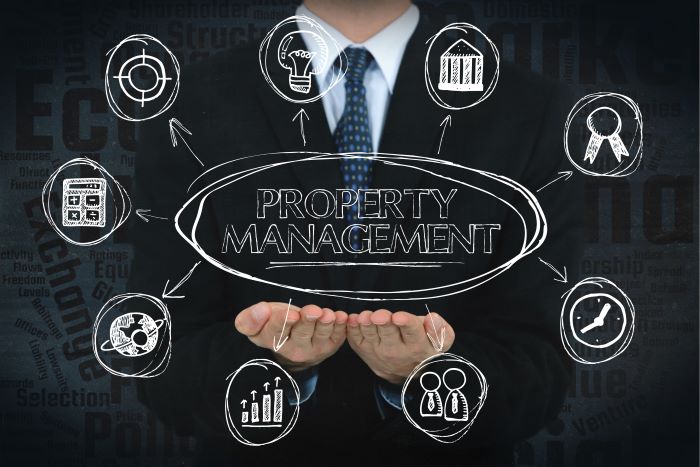
Retail property managers serve as the bridge between property owners and tenants. One of their primary responsibilities is lease administration, ensuring rental agreements are executed properly, rents are collected on time, and occupancy rates remain high. This role is critical for maintaining the financial health of retail properties.
Beyond financial duties, they also manage day-to-day operations such as maintenance, security, and utilities. Retail property managers ensure that tenants have the infrastructure and support they need to run their businesses effectively. They also monitor market trends and advise property owners on strategies to remain competitive in a dynamic retail environment.
Strategic Importance of Retail Property Managers
Retail property managers are not just operational overseers; they are strategic advisors. By understanding tenant mix, foot traffic patterns, and consumer behaviors, they can guide decisions about which retailers to attract and how to position retail properties for maximum profitability.
Their role also extends to enhancing the customer experience. For example, they oversee common areas, parking facilities, and amenities that make retail environments appealing to visitors. By ensuring properties remain vibrant and relevant, retail property managers directly influence tenant success and consumer satisfaction.
Real-World Examples of Retail Property Management in Action
Shopping Mall Redevelopment
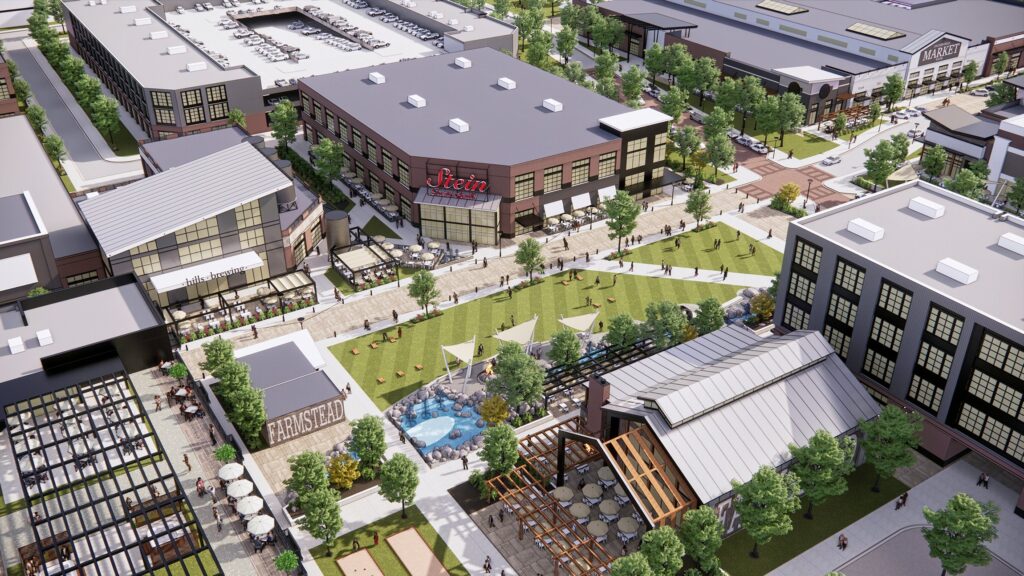
A retail property manager overseeing a regional shopping mall plays a key role in redeveloping the space to meet modern demands. For instance, a mall once dominated by traditional department stores may be reconfigured to accommodate entertainment venues, dining options, and fitness centers.
The property manager coordinates with architects, contractors, and new tenants to bring this transformation to life. Their efforts ensure that the mall attracts diverse visitors and remains profitable despite changes in the retail market. This example highlights the adaptability required in retail property management.
Managing a Mixed-Use Retail Property

In a growing urban district, a retail property manager may oversee a mixed-use development that combines retail, office, and residential spaces. Their job is to ensure seamless integration between different property uses, maintaining smooth operations across all areas.
They work closely with retail tenants to align store hours, manage shared spaces, and handle infrastructure needs. This approach creates a vibrant community hub that benefits not only retail tenants but also residents and office workers, demonstrating the holistic impact of effective retail property management.
Coordinating Retail Tenant Relations in a Strip Center
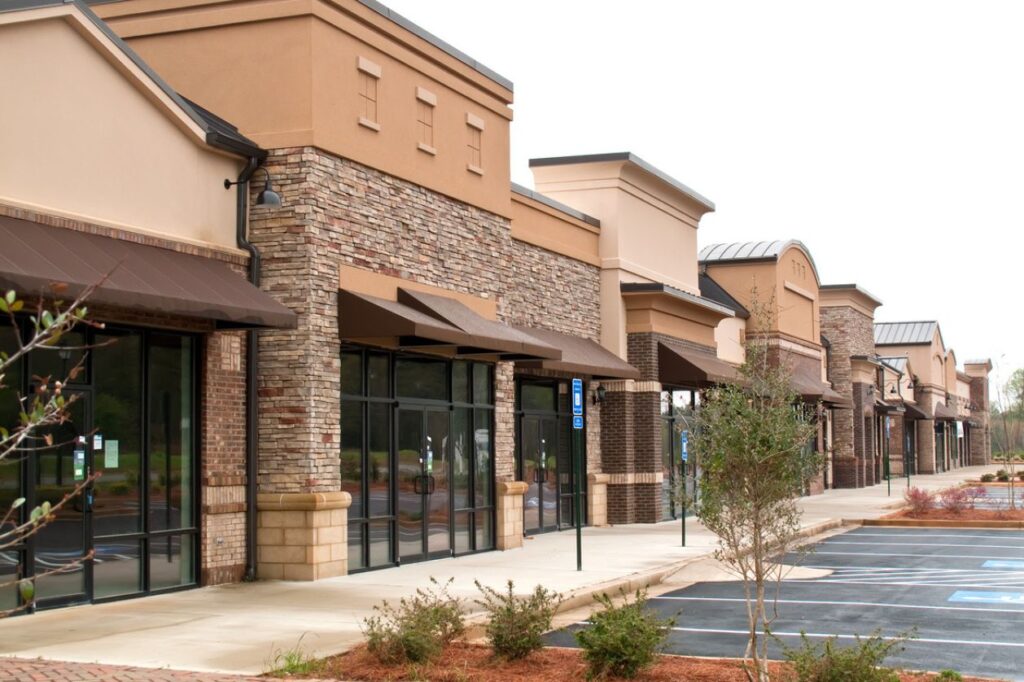
A retail property manager responsible for a suburban strip center ensures that small and mid-sized tenants thrive. They may negotiate flexible lease terms, assist with signage approvals, and resolve disputes between neighboring businesses.
By fostering strong tenant relationships, the property manager reduces turnover and creates stability within the property. This stability translates into consistent foot traffic, benefiting both tenants and the property owner. The example shows how attentive management drives long-term property value.
Technology Integration in a Retail Property Portfolio
A large property management firm managing multiple retail centers may implement advanced technology platforms. These tools help track maintenance requests, monitor energy usage, and analyze foot traffic through digital sensors.
The retail property manager leverages this technology to make data-driven decisions. For example, they might adjust lighting schedules to save energy or provide owners with insights into consumer traffic patterns. This example illustrates the growing importance of technology in enhancing operational efficiency and tenant satisfaction.
Benefits of Retail Property Managers
Maximizing Financial Performance
Retail property managers ensure steady income through rent collection, lease enforcement, and occupancy management. Their expertise helps property owners optimize revenue streams while minimizing vacancies.
Enhancing Customer and Tenant Experience
Well-managed properties attract and retain tenants, while also providing enjoyable experiences for shoppers. From clean facilities to efficient parking, retail property managers ensure spaces remain welcoming and functional.
Streamlining Operations
By overseeing maintenance, security, and utilities, property managers free up tenants and owners to focus on their core businesses. This operational efficiency creates a smoother retail environment for all stakeholders.
Leveraging Technology for Better Outcomes
Retail property managers increasingly rely on digital tools to track energy consumption, automate maintenance scheduling, and analyze customer behaviors. This data-driven approach improves efficiency and helps identify growth opportunities.
Use Cases of Retail Property Management
Solving Vacancy Challenges
Vacant retail spaces can significantly reduce property value. Retail property managers actively market available spaces, negotiate competitive leases, and curate tenant mixes to minimize downtime and enhance profitability.
Supporting Tenant Growth
Retail tenants often face challenges related to infrastructure, marketing, or space configuration. Property managers provide support in these areas, helping businesses succeed and reducing tenant turnover.
Managing Operational Risks
From security incidents to infrastructure failures, retail properties face risks that can disrupt operations. Property managers mitigate these risks by implementing preventive measures, coordinating with service providers, and maintaining contingency plans.
Aligning with Sustainability Goals
Retail property managers also play a role in implementing green initiatives, such as energy-efficient lighting and waste reduction programs. These efforts not only reduce operational costs but also meet increasing consumer and tenant demand for sustainable practices.
Future Outlook for Retail Property Managers
The role of retail property managers will continue to evolve as the retail industry undergoes further transformation. E-commerce growth, urban redevelopment, and consumer demand for experiential retail will require managers to be more adaptable and innovative.
Future retail property managers will likely rely more heavily on artificial intelligence, smart building systems, and sustainability-focused strategies. These advancements will allow them to deliver greater efficiency, stronger tenant support, and more engaging retail environments. By staying ahead of trends, retail property managers will remain essential to the long-term success of retail real estate.
Frequently Asked Questions
What does a retail property manager do?
A retail property manager oversees the operations, leasing, and maintenance of retail properties. They act as a link between property owners and tenants, ensuring spaces remain profitable, functional, and attractive to customers.
Why are retail property managers important?
Retail property managers are crucial because they maintain occupancy rates, optimize financial performance, and create positive environments for tenants and shoppers. Their role directly impacts the long-term value of retail properties.
How is technology changing retail property management?
Technology allows retail property managers to monitor energy usage, track maintenance needs, and analyze consumer behavior. These tools improve efficiency, reduce costs, and support data-driven decision-making for property owners and tenants.
